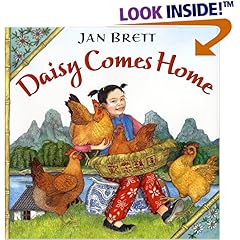Maybe every writer should work on poetry once a year– to remind themselves that cutting, even a significant percentage of words and meaningful images that don’t quite fit, will result in a stronger work.
I know for me the exercise was a challenge, but it was an excellent parable.
Once I was free to remove elements that didn’t fit (the original assignment forced me to insert a metaphor that didn’t fit the rest of the images) the whole piece became stronger.
~
With my WIP (work-in-progress) I am currently trying to identify similar segments. Those that exist because (when I wrote them) I thought I needed them and now, especially compared to the strongest pieces, don’t quite fit.
Watching the poem improve was an effective parable, and very motivating, but it’s made me unsure about my current vision/expectation for my novel.
Right now it’s like herding sheep.
That is to say, with the right training I should be able to do it with patience and the expectation that everything will eventually end up where it should go. But not actually having that training (getting it on-the-job) I am feeling an increasing urge to reduce the size of my “flock.”
I don’t think I need to eliminate characters, necessarily, but I’m trying to decide if I need to have less of them doing interesting and significant things.
Fantasy lends itself to sprawling, panoramic, masses-affecting action. Maybe that’s why so many are insanely fat or grow into series.
My immediate desire for simplicity seems less natural/easy to achieve.
So now, instead of writing more from my latest outline, I’m going through what I’ve written (much of it at NaNo speed) and trying to decide what the purpose of each segment is; whether it advances the plot, whether the novel’s better with this action on- or off-stage, etc.
It’s more tedious work, but I trust it will both tighten the end-product and reduce the amount of un-used writing I end up with.

 Doctor DeSoto
Doctor DeSoto